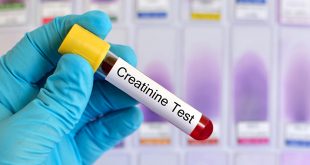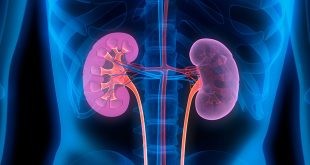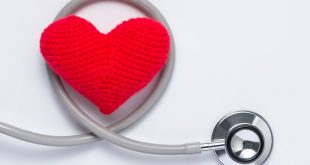There are different levels of low blood sugar – mild, moderate and severe – and they are managed differently. It is especially important to know about low blood sugar emergencies so that you or a family member, friend, caregiver or co-worker can help out in this situation.
Read More »Management
What is glucagon and when is it used?
Glucagon is a hormone released from the pancreas that raises a person’s blood sugar by converting stored glycogen in the liver into glucose.
Read More »5 steps you can take every day to support your kidney health
You may already know that diabetes can affect your kidneys and that high blood sugars, along with other risk factors, can cause kidney disease. That’s why it is important to have regular tests for kidney disease to detect it at an early stage, as there may be few symptoms at that time.
Read More »How do you know if you have kidney disease?
Kidney disease is a common complication of diabetes. Read about diabetes and kidney disease in this article, including symptoms, tests that diagnose it and the five stages of kidney disease.
Read More »How does diabetes affect the kidneys?
Maintaining kidney health is very important for people with diabetes, as kidney disease is a serious complication of diabetes. Read on to learn more about diabetes and kidney health.
Read More »Are you following your “ABCDE’S” to prevent a heart attack or stroke?
People with diabetes are two to four times more likely to have a vascular “event,” such as a heart attack or stroke. What can you do to prevent this?
Read More »Diabetes and coronavirus: information and tips to protect yourself
It’s time to be prepared for managing coronavirus in Canada. You might be wondering what it means for people with diabetes, and if there are special considerations you should know about. Read on to learn about diabetes and coronavirus.
Read More » Diabetes Care Community Learn, connect and care
Diabetes Care Community Learn, connect and care






